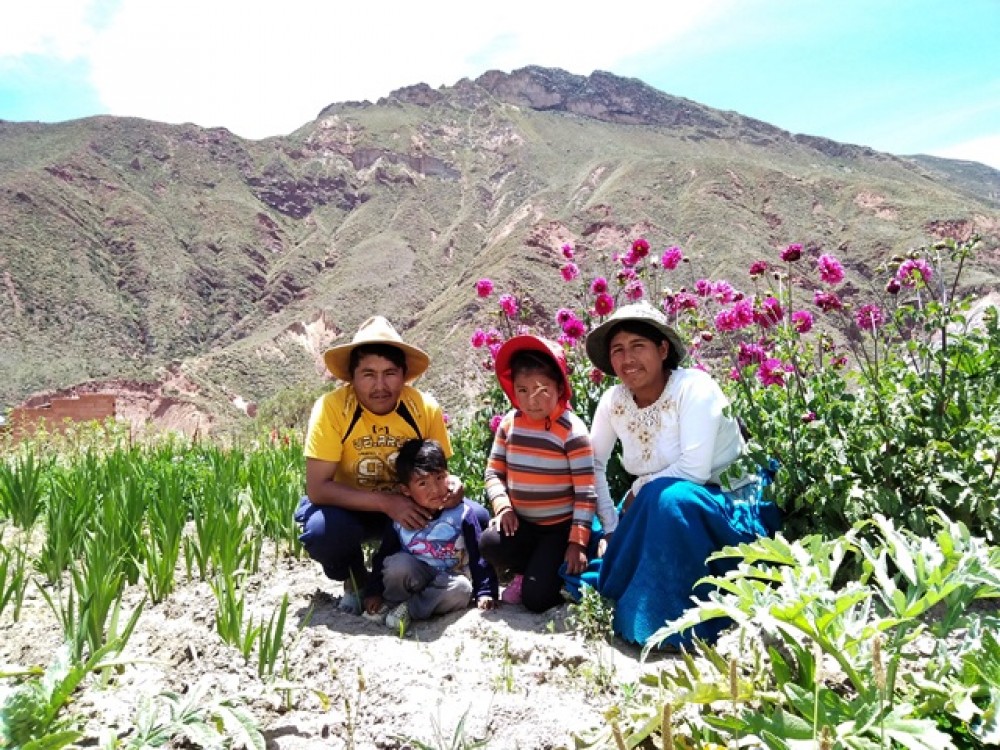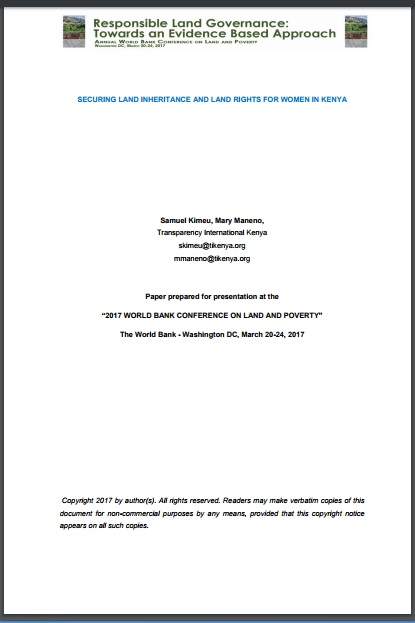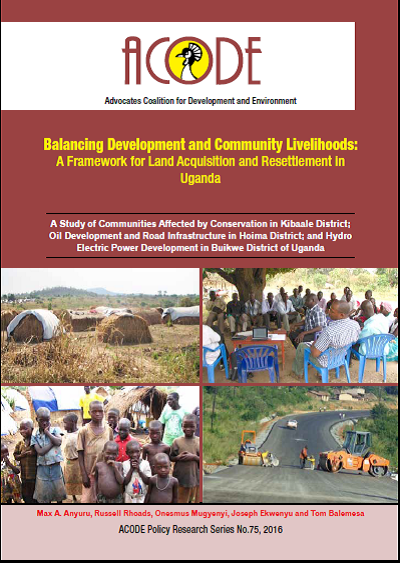A GUIDE ON PUBLIC LAND AQUISTION WITHIN COMMUNITY LAND

With the promulgation of the Constitution of Kenya, 2010 (CoK 2010), land was classified into public, private and community lands, occasioning the need for clear guidelines on acquisition of public land acquisition within the community land while appreciating the provision of the Community Land Act, 2016.






